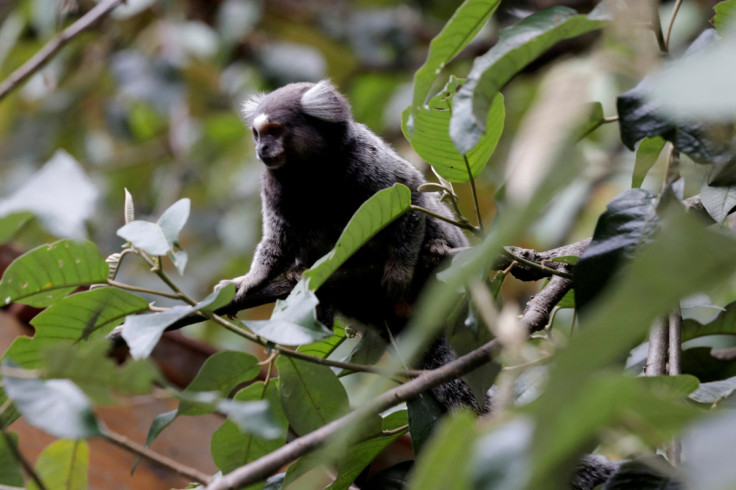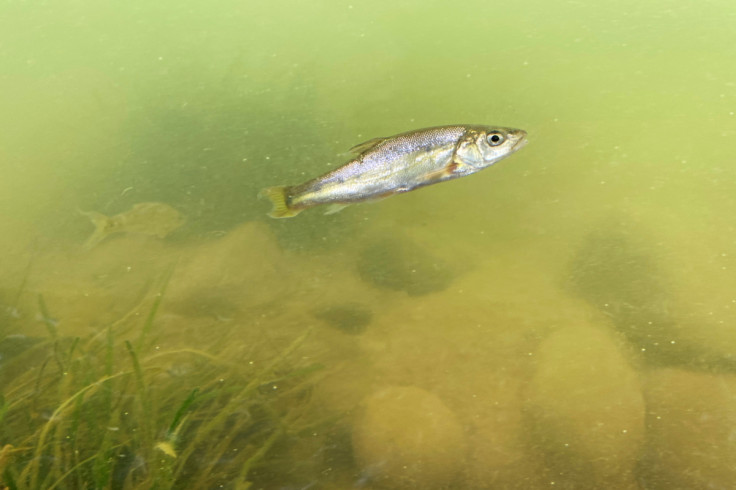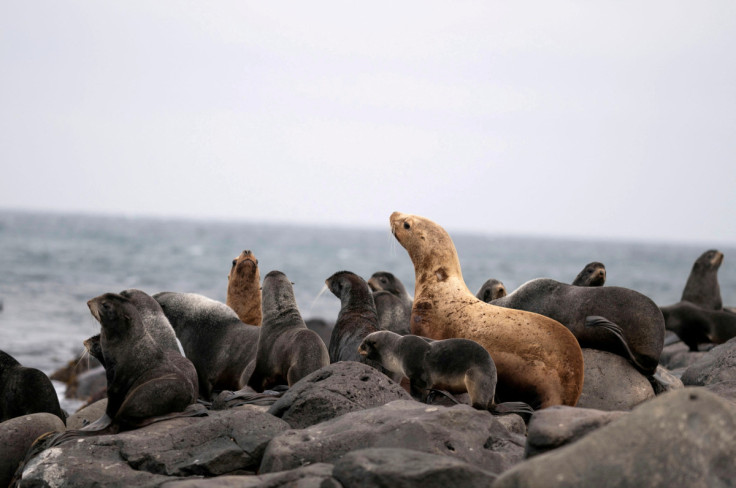COP27 Climate Talks Seen As Key To Success At Next Month's U.N. Nature Summit

With the annual U.N. climate summit in its final week, many of the world's environment ministers assembled in Egypt have begun setting their sights on another high-stakes meeting for nature taking place next month.
But for those talks on protecting nature to be a success, experts say, governments must bring global warming in check.
"Climate change is one of the big drivers of biodiversity loss," said David Cooper, the deputy chief of U.N.'s Convention on Biological Diversity.
The U.N. agency will convene its next global summit on biodiversity next month in Montreal, after host country China postponed the event four times through the global COVID-19 pandemic.
At the COP15 talks scheduled for Dec. 7-19, national delegations will hash out a new global deal to protect plummeting wildlife populations worldwide and halt the continuing degradation of landscapes.
Campaigners are calling for a full-fledged "Paris Agreement for nature" under which countries set national conservation targets and then report routinely on their progress in meeting them.
But first, the world needs to see success made on tackling climate challenges in Egypt, experts say.
"If we don't have successful outcomes in the climate process, then we cannot halt biodiversity loss," Cooper said.
HEATED HABITATS
Earth has seen five mass extinction events, and scientists believe the planet's sixth is in progress now - with animal and plant species vanishing at a rate not seen in 10 million years.
The world's wildlife crisis is driven by habitat loss and pollution, with climate change posing an increasing threat as global temperatures climb.
Without steep cuts to greenhouse gas emissions, as many as half of all species by century's end will be facing temperatures and conditions beyond their ability to survive, according to research published in 2018 in the journal Science.
Those that can't migrate or adapt will perish. The loss of forests and other ecosystems like coral reefs and seagrass beds will also leave the world with fewer natural forms of carbon sequestration. Already, these "carbon sinks" absorb about half of the excess emissions humans are pumping into the air from burning fossil fuels.
"We are also seeing that biodiversity provides solutions to climate change, and that's why they need to be looked at together," said Elizabeth Maruma Mrema, the CBD's executive secretary.
Scientists and campaigners are pushing for next month's COP15 conference to conclude with a "nature positive" agreement that commits countries to ensuring there are more wild spaces and creatures in seven years' time than there are now.
"You cannot have a dream of coping with climate change only through the emissions," Virginijus Sinkevi?iu, European Commissioner for Environment, Oceans and Fisheries, told Reuters. "If ecosystems are not able to cope, you don't have a success story" in fighting climate change.
"This is the biggest danger," she said.
PARIS AGREEMENT FOR NATURE
With just weeks before the COP15 summit begins, the draft of a hoped-for biodiversity deal has yet to be finalized.
"Looking at COP15, we are worried," said Marco Lambertini, director general of World Wildlife Fund International.
On Wednesday, the architects of the 2015 Paris Climate Agreement, which seeks to limit global warming to well under 2 degrees Celsius, issued a statement urging world leaders to secure a similar deal on nature.
"There is no pathway to limiting global warming to 1.5C without action on protecting and restoring nature," the statement said.
Campaigners and delegates told Reuters they want to see a strong cover statement on biodiversity come out of COP27 before they head to Montreal. While the talks are now being held in Canada, China remains the official host.
Canadian Environment Minister Steven Guilbeault also said he "would like to see a strong acknowledgement for the Convention of Biodiversity in the final COP27 outcome."
The Chinese delegation at COP27 did not respond to a request for comment. President Xi Jinping has not attended the climate talks in Sharm el-Sheikh and is also not expected to attend COP15.
For daily comprehensive coverage on COP27 in your inbox, sign up for the Reuters Sustainable Switch newsletter here


© Copyright Thomson Reuters 2024. All rights reserved.





















